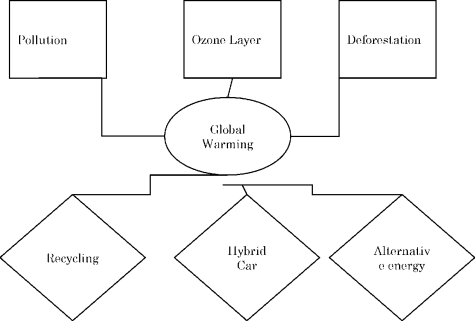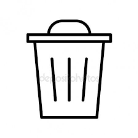Урок на тему: "Природа і погода" 9клас
Матеріали дозволяють реалізувати компетентністний підхід до викладання теми та формувати складові компетентності «Екологічна грамотність і здорове життя», які можна розвивати за допомогою пропонованих вправ.
Учень набуває здатності обговорювати громадянську позицію та власні погляди на різноманітні екологічні проблеми своєї країни та світового простору.
|
Клас |
Тема |
Очікуваний результат |
Складові компетентності «Екологічна грамотність і здорове життя», які можна розвивати за допомогою пропонованої вправи |
|
9 |
Вплив навколишнього середовища на екологічний стан нашого регіону. Чим я зможу допомогти? |
Учень обговорює громадянську позицію та власні погляди на різноманітні екологічні проблеми своєї країни та світового простору. |
Здатність розглядати природу як цілісну систему та робити повідомлення про складні екологічні умови . Уміння складати план дій щодо проведення шкільних екологічних заходів. |
КОНСПЕКТ УРОКУ НА ТЕМУ : ECOLOGICAL SITUATION IN MY NATIVE REGION. WHAT CAN I DO ABOUT IT?
|
Час: 45 хв. |
|
Використані матеріали |
Learnenglishteens.britishcouncil.org
https://www.teachingenglish.org.uk
|
Інструкція |
- THE ENVIRONMENT QUIZ
How much do you know environmental problems that face the world today? Look at the quiz and try to answer the questions. Leave room for the actual answers later.
1. What are CFCs and how do they affect the environment?
2. What alternative forms of energy do you know?
3. What is the Ozone Layer? What does it do? What is happening to it?
4. How are forests good for the environment? What is happening to them?
5. What is a hybrid car? How does it help the environment?
6. What is acid rain?
7. What is recycling? How does it help the environment?
- VOCABULARY
Can you talk about Environmental issues in English? With a partner, try to explain the terms in the diagram below. Why are the words divided into two groups –those in squares and those in diamonds?
• Tip! It’s good to record vocabulary in groups and in meaningful ways. What other ways can you record vocabulary? 
- READ A REPORT TO OUR SCHOOL MAGAZINE. STATE IF TARAS IS RIGHT OR WRONG
RECYCLING IN MY TOWN
Recycling is the processing of used objects and materials so that they can be used again. About 60% of rubbish from homes and factories contain materials that could be recycled. Recycling saves energy and raw materials, and also reduces damage to the countryside. Glass, paper and aluminium cans can all be recycled very easily. Many small towns have special bins for bottles and cans where people can leave their empty bottles and cans for recycling. A lot of paper bags, writing paper and greeting cards are now produced on recycled paper.
I’d like to introduce this method in our school and maybe in our home town. Share your ideas, please.
Taras , Form 9B
- LISTENING COMPREHENSION
Watch the video and try to sort out the domestic waste.
https://www.youtube.com/watch?v=3Lzsu8SXaWY
Mind! There is an odd one out! Try to add some more words to the list.
|
A plastic bottle my old notebook potato peels a battery a glossy magazine second-hand knives gone-off sausages a tuna tin a shopping bag a postcard a broken glass |
GLASS PLASTIC PAPER



- SUMMARY
Discussion. What do you think? Decide if you think the following ideas:
a) will happen in your hometown the next 50 years?
b) could happen?
c) won’t happen?
Mark the sentences a, b or c.
1) Most cars will be electric.
2) Nuclear energy will end.
3) Alternative energy will be more important than oil.
4) You will recycle all your bags, cans and paper.
5) The climate will get worse.


про публікацію авторської розробки
Додати розробку
